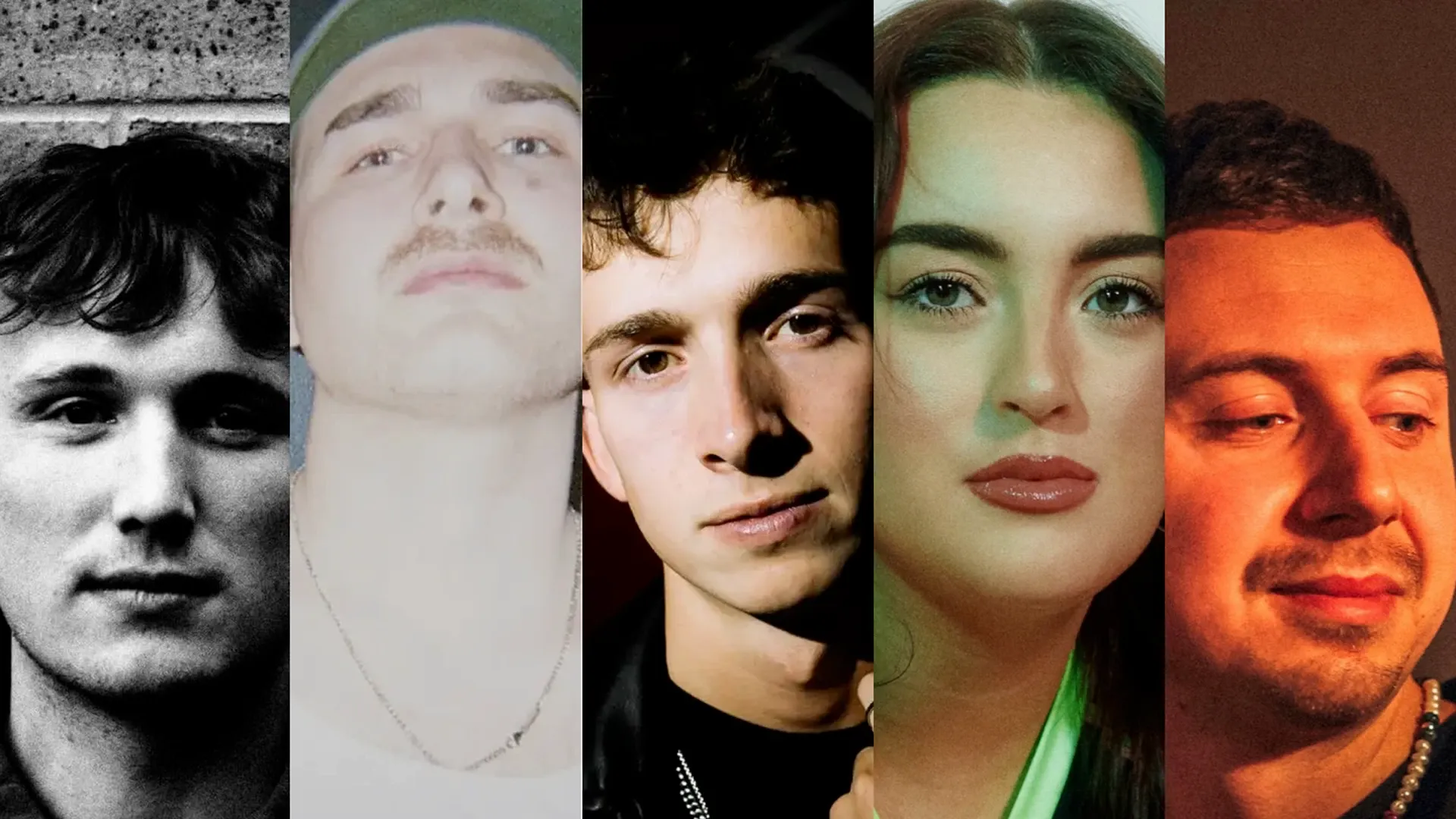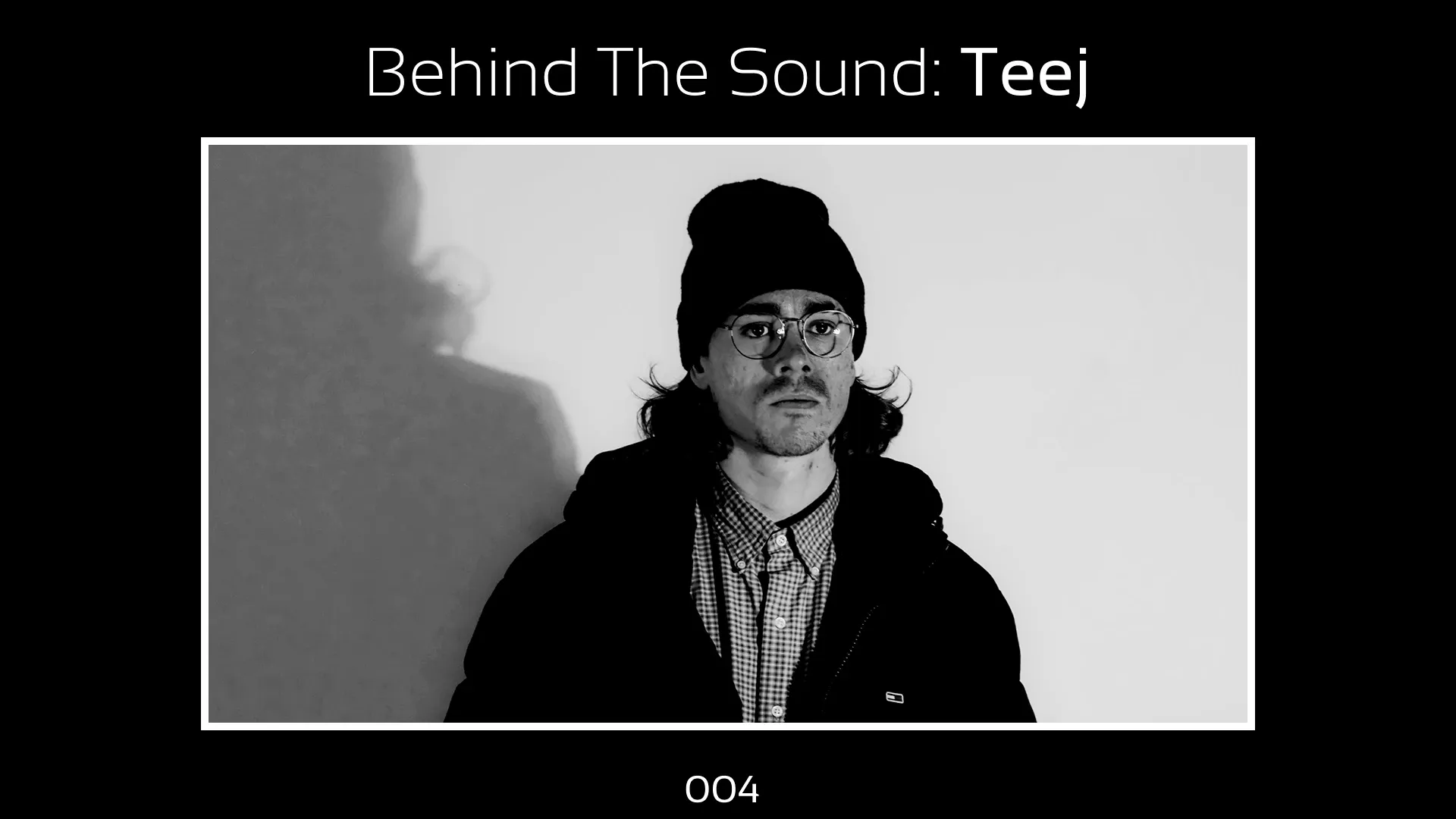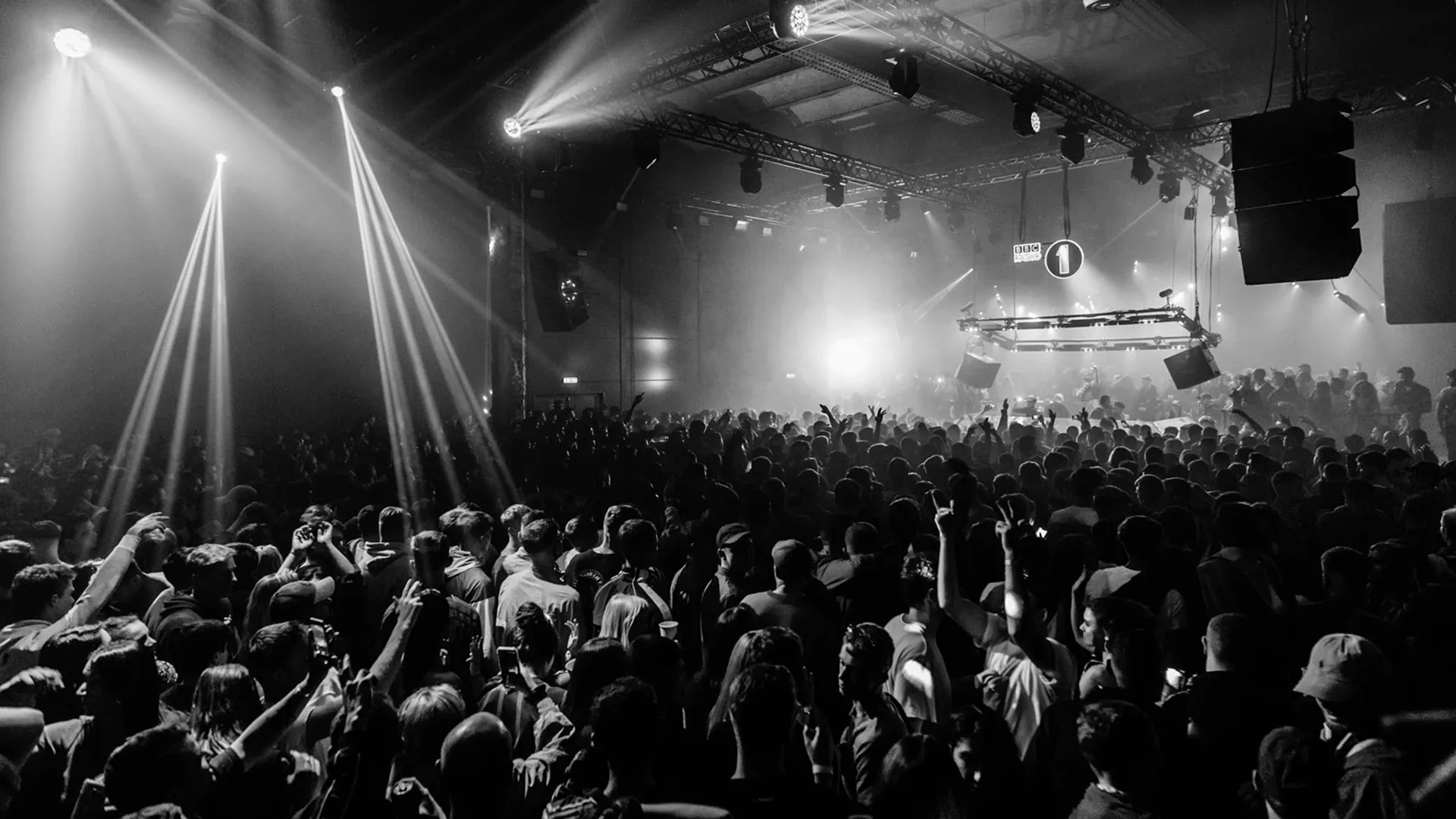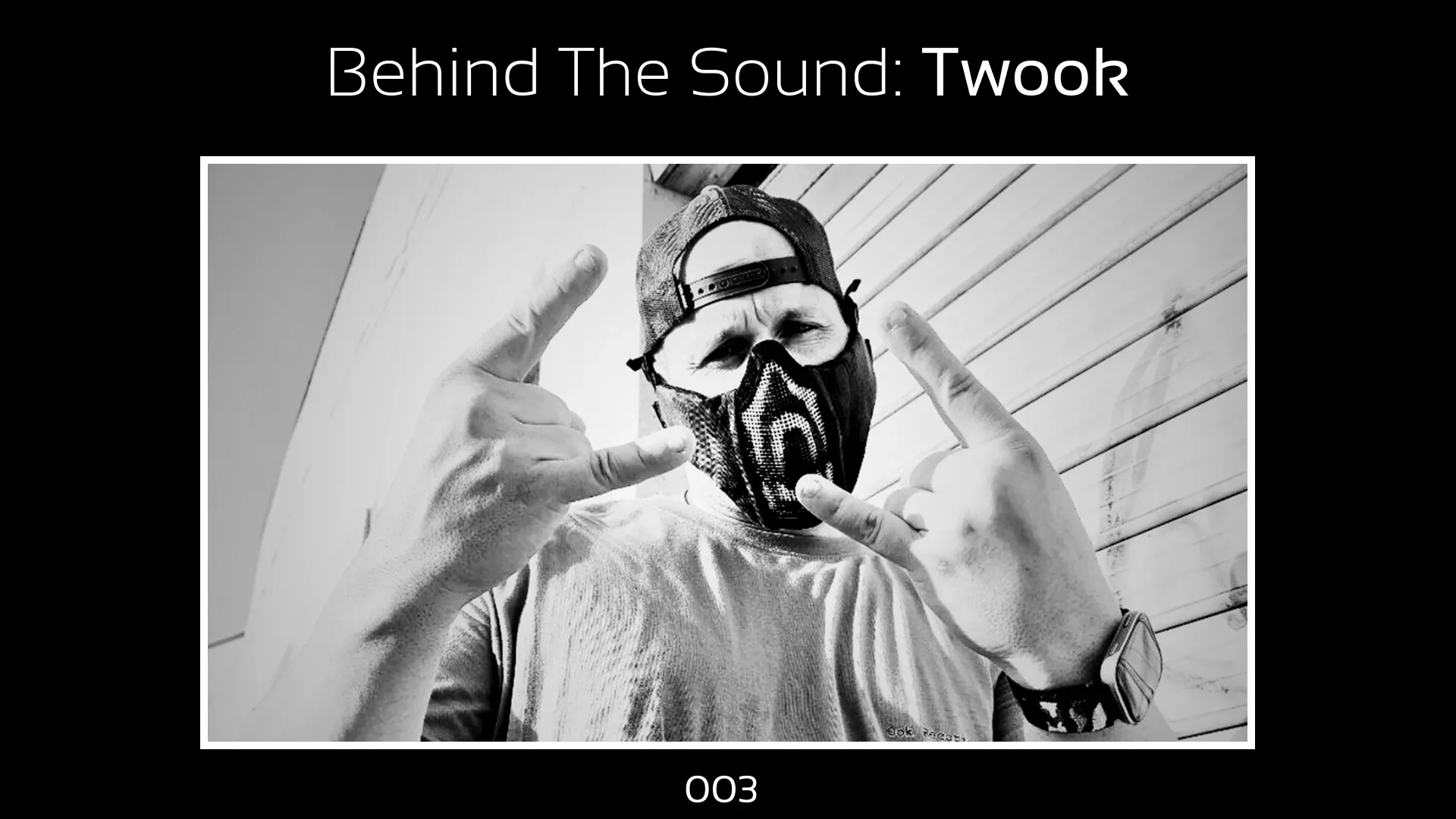The New SoundCloud? How Discord and Private Communities Are Shaping Underground Electronic Music
Is SoundCloud losing its edge? Discover how underground artists are shifting to Discord and private communities to share music, connect with fans, and build new subcultures.
2 minutes read
For years, SoundCloud was the go-to platform for underground artists to experiment, share, and build a following outside the mainstream industry. It was the starting-point of entire underground electronic music movements. But as SoundCloud has become more structured and less of a wild west for independent producers, a new underground is emerging: private online communities like Discord servers, Telegram groups, and even invite-only Substacks are becoming the new breeding ground for electronic music subcultures.
The Shift from Public to Private Spaces
The internet is more fragmented than ever. With algorithm-driven feeds on platforms like TikTok and Instagram making organic discovery harder, artists and fans alike are turning to curated, community-driven spaces where engagement feels more personal and direct. Discord, in particular, has become a hub for artist-run servers, label collectives, and niche genre communities where fans and creators interact without the noise of the wider internet.
Why Artists Are Flocking to Discord
Direct Fan Engagement: Unlike traditional social media, where artists often fight for visibility, Discord allows for deeper interaction through dedicated chat channels, live listening parties, and exclusive content drops.
Creative Control: Algorithms don’t dictate visibility in these spaces; engagement is organic, and artists control how their music is shared and experienced.
Monetisation Opportunities: Many artists use Discord in tandem with platforms like Patreon or Bandcamp, offering exclusive tracks, early releases, or behind-the-scenes content to their most dedicated supporters.
The Role of Collectives and Gatekeeping
Much like how early SoundCloud collectives like Sadboys or PC Music shaped underground scenes, modern Discord servers often act as micro-labels or DIY hubs. However, the closed nature of these communities creates an element of exclusivity, making access feel more valuable. Some see this as a return to the old-school days of secret mixtapes and private download links, where being in the know mattered.
The Future of Music Discovery
While mainstream platforms will always play a role in breaking artists, the rise of private online spaces signals a shift toward deeper, more engaged music communities. For artists, this means more autonomy and direct access to their most loyal listeners. For fans, it means rediscovering music in a way that feels personal and intentional rather than dictated by algorithms.
In many ways, the underground has never disappeared; it has just moved to places where only the truly invested are willing to follow.



